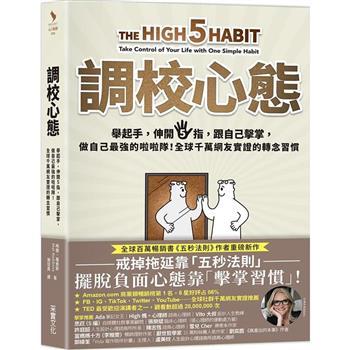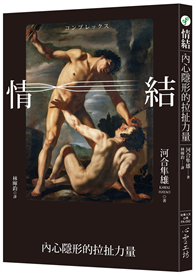Most people who study economics are introduced to a model which understands economic activity as based upon the constant desire of the "economic man" to maximize his welfare. As a result it is held that economic behavior can be reduced to a series of graphs in which supply and demand are brought into harmony. The economy is seen as akin to a gigantic machine. In this book Thomas Storck challenges this economic model in two ways. He points out that this understanding of economics fails to recognize the complexities of human behavior, and moreover insists that economic activity has a moral dimension based on the inherent purpose of the economy as something which is meant to serve society, not dominate it. Storck contrasts his approach with that of the late Nobel Prize winner in Economics, Paul Samuelson, and by means of frequent quotations from Samuelson the book becomes a lively dialogue between two fundamentally different approaches to understanding economics.
| FindBook |
有 1 項符合
Economics: An Alternative Introduction的圖書 |
 |
Economics: An Alternative Introduction 作者:Storck 出版社:XIII Books 出版日期:2024-11-04 語言:英文 規格:精裝 / 162頁 / 21.59 x 13.97 x 1.27 cm / 普通級/ 初版 |
| 圖書館借閱 |
| 國家圖書館 | 全國圖書書目資訊網 | 國立公共資訊圖書館 | 電子書服務平台 | MetaCat 跨館整合查詢 |
| 臺北市立圖書館 | 新北市立圖書館 | 基隆市公共圖書館 | 桃園市立圖書館 | 新竹縣公共圖書館 |
| 苗栗縣立圖書館 | 臺中市立圖書館 | 彰化縣公共圖書館 | 南投縣文化局 | 雲林縣公共圖書館 |
| 嘉義縣圖書館 | 臺南市立圖書館 | 高雄市立圖書館 | 屏東縣公共圖書館 | 宜蘭縣公共圖書館 |
| 花蓮縣文化局 | 臺東縣文化處 |
|
|
圖書介紹 - 資料來源:博客來 評分:
圖書名稱:Economics: An Alternative Introduction
The Magnificence of the 3
Seeing the Power of God
Patmos: Three Days, Two Men, One Extraordinary Conversation
Ezekiel and Eschatological Violence: Pentecostal Interpretation of Ezekiel 36-39 and Revelation 19-20
Discern + Engage
Letters to a Skeptic: Ancients, Moderns Chime in: God Is Alive!
A Woman Tragedy
Pagan Portals - Mabon: Discovering the Celtic God of Hunting, Healing and Harp
Let Justice Flow Like Water: Toward a Theology of Biblical Justice
Counseling Through the Storm: A Guide to Treating Crisis and Trauma
Seeing the Power of God
Patmos: Three Days, Two Men, One Extraordinary Conversation
Ezekiel and Eschatological Violence: Pentecostal Interpretation of Ezekiel 36-39 and Revelation 19-20
Discern + Engage
Letters to a Skeptic: Ancients, Moderns Chime in: God Is Alive!
A Woman Tragedy
Pagan Portals - Mabon: Discovering the Celtic God of Hunting, Healing and Harp
Let Justice Flow Like Water: Toward a Theology of Biblical Justice
Counseling Through the Storm: A Guide to Treating Crisis and Trauma
|











